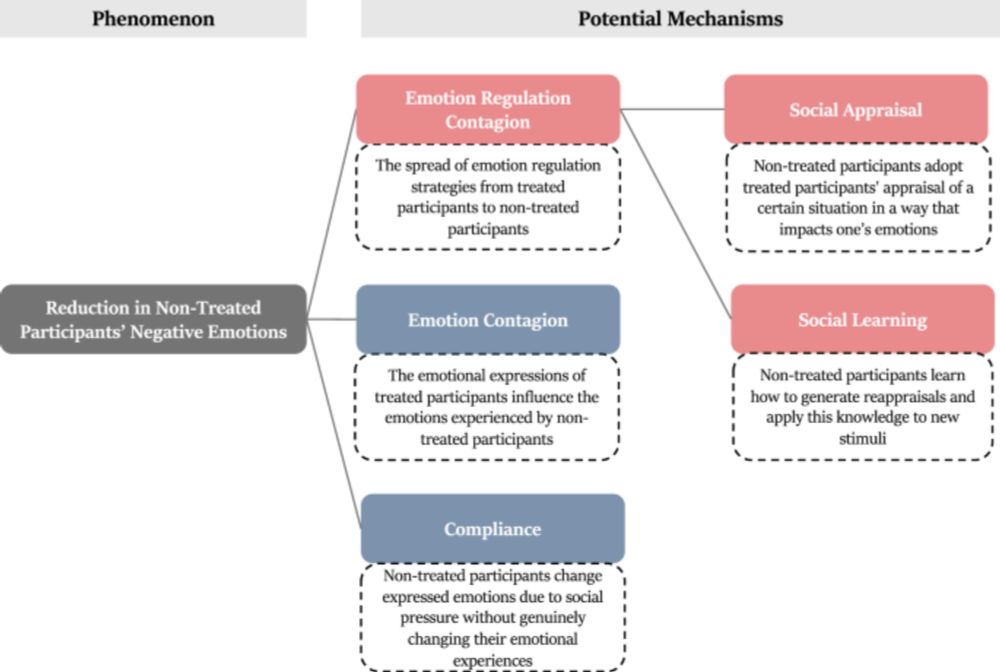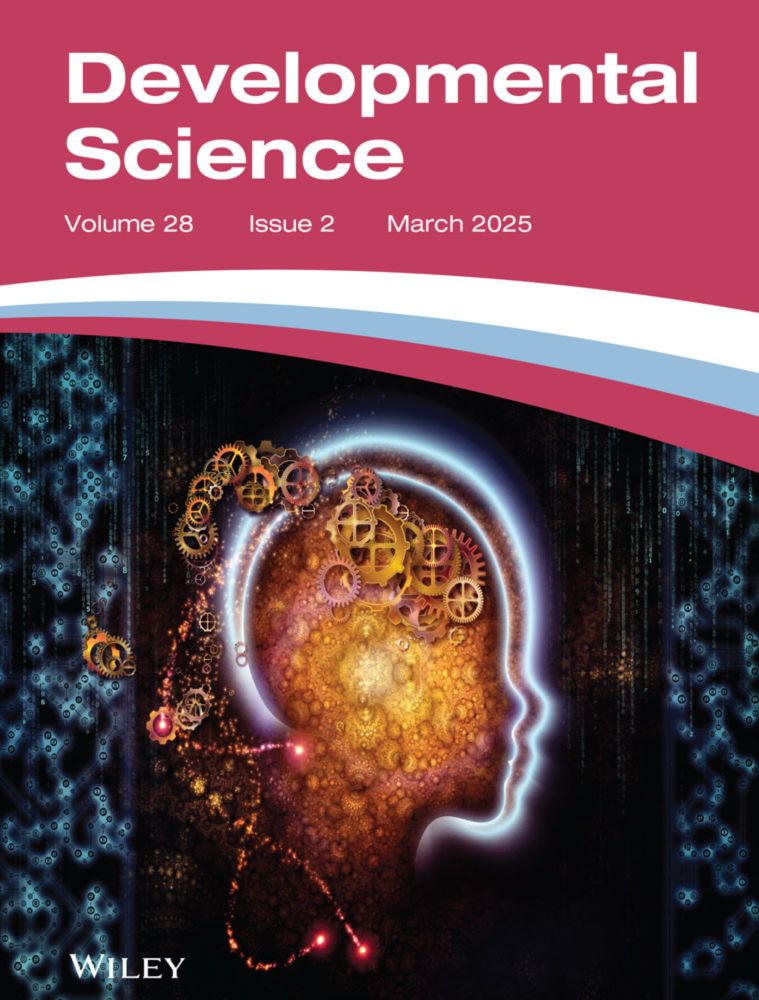APA PsycNet
We scrolls about 100 meters a day of social media content, much of it highly emotional. In a new paper led by Jonas Schöne (JPSP) we show that people tend to remember stronger emotional expressions, which leads them to estimate feeds as more emotional.
psycnet.apa.org/record/2026-...
06.08.2025 12:33 —
👍 12
🔁 3
💬 0
📌 0
PNAS
Proceedings of the National Academy of Sciences (PNAS), a peer reviewed journal of the National Academy of Sciences (NAS) - an authoritative source of high-impact, original research that broadly spans...
🔖 NEW PAPER ALERT 🔖 Out in PNAS – we used equation discovery algorithms to improve models of human reinforcement learning.
Led by the wonderful Kyle Lafollette with an amazing team Yanni Yuval @roeyschurr.bsky.social and @d-melnikoff.bsky.social
www.pnas.org/doi/epdf/10....
01.08.2025 07:20 —
👍 47
🔁 14
💬 0
📌 1
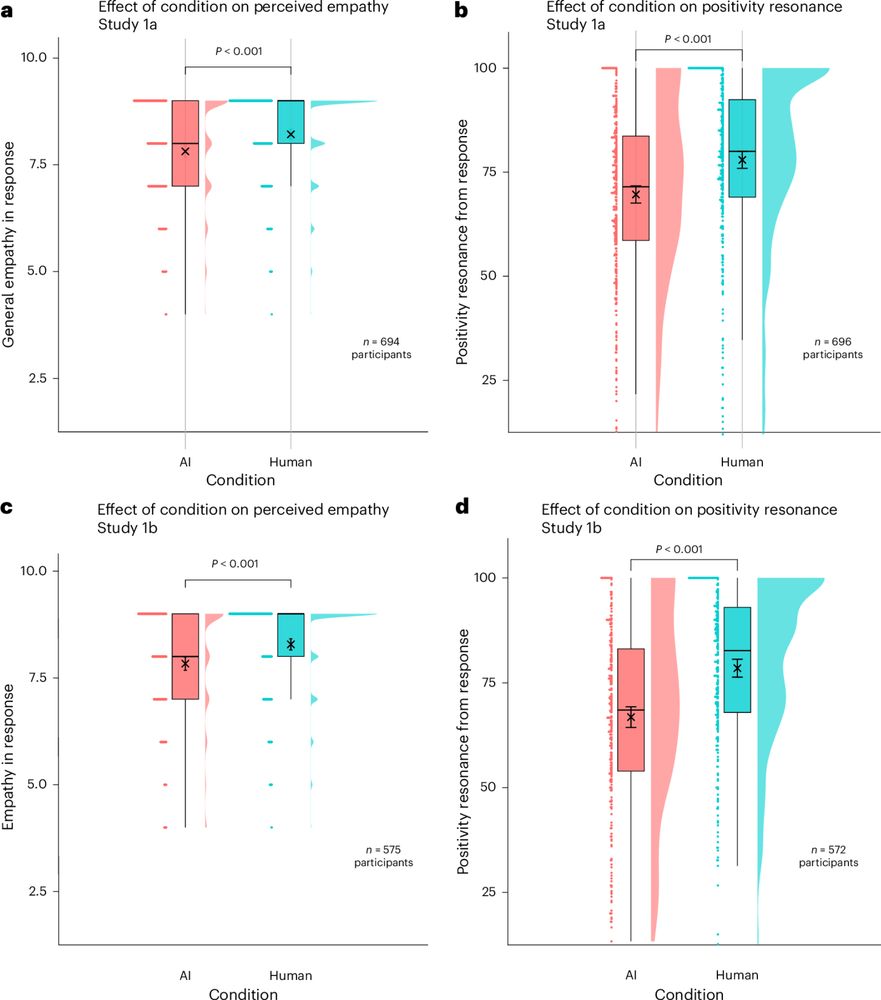
Comparing the value of perceived human versus AI-generated empathy
Nature Human Behaviour - AI mimics empathy well, but does its empathy feel different? The authors show human empathy has unique value: human-attributed responses are rated as more empathic than...
New paper in Nature Human Behavior (led by Matan Rubin), where we manipulated the perceived identity of a real-time empathic response to be or AI. We observed a drop in perceived empathy when label was AI, and this effect was mainly driven by emotion.
rdcu.be/et9ad
01.07.2025 14:42 —
👍 13
🔁 3
💬 0
📌 0
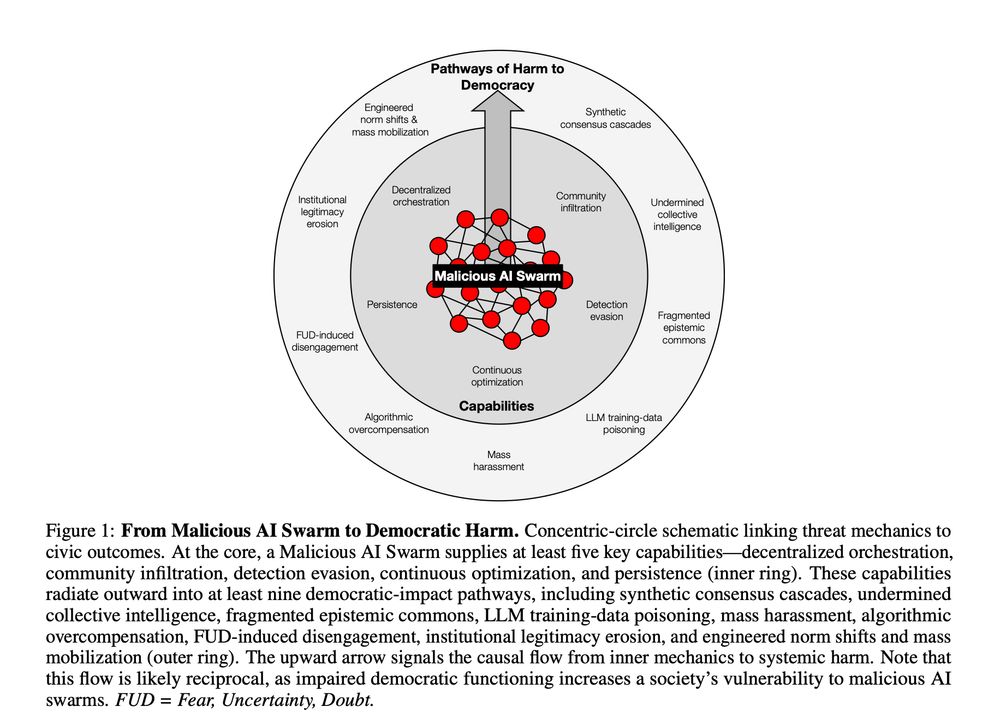
The combination of #artificialintelligence and #socialmedia poses a threat to democracy.
Our new paper explains how AI swarms can fabricate grassroots consensus, fragment shared reality, engage in mass harassment, interfer with elections, and erode institutional trust: osf.io/preprints/os...
03.06.2025 17:03 —
👍 109
🔁 59
💬 9
📌 4
Totally agree. So much information.
01.04.2025 15:07 —
👍 3
🔁 0
💬 0
📌 0
So to conclude, we can definitely predict something from the way people walk. Arousal (calm to excited)? Much more likely! Valence – I would need better proof. But this is a good start.
arxiv.org/pdf/2503.04190
01.04.2025 14:41 —
👍 1
🔁 0
💬 0
📌 0
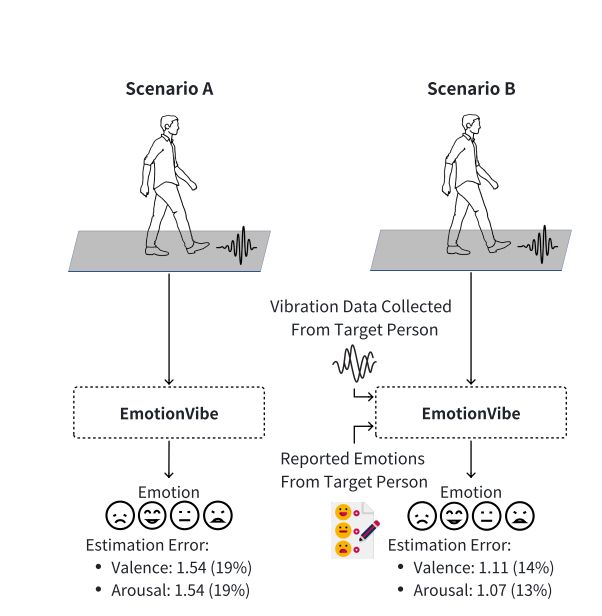
The mean absolute error of the model after training was 1.11, which means the model was off by about one point on average. This is not bad, or even surprisingly good, especially given that valence results were restricted to a pretty narrow range, but can we predict valence? Not sure.
01.04.2025 14:41 —
👍 1
🔁 0
💬 1
📌 0
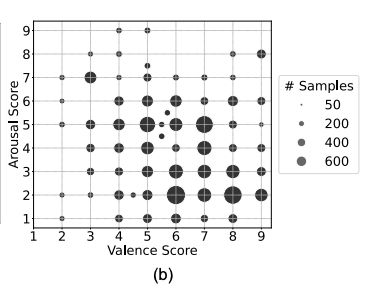
As for the results – it's unclear whether the music impacted emotions in the expected direction (not reported in the paper). One thing is clear: the valence scale – which ranged from very negative -1 to very positive 9 – had valence results mostly between 3 and 9, so no strong negative valence.
01.04.2025 14:41 —
👍 0
🔁 0
💬 1
📌 0
You can already imagine one major issue with the design, which is that different types of music may lead people to walk differently regardless of their emotional state. So are we predicting what music people heard? Or what they felt?
01.04.2025 14:41 —
👍 0
🔁 0
💬 1
📌 0
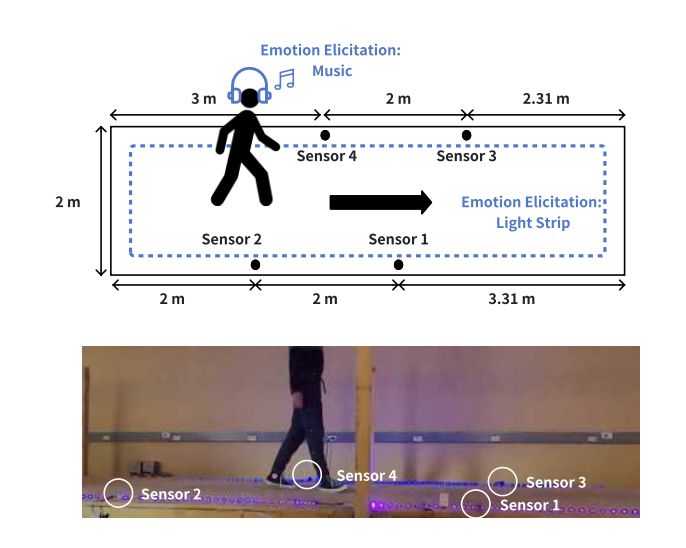
The paper asked 20 people to walk while listening to music that was previously validated to elicit different emotions. For example, to elicit high-arousal negative emotions (akin to anger or fear), participants heard music from Dracula or high-wire stunts and lighting was red/yellow shining.
01.04.2025 14:41 —
👍 0
🔁 0
💬 1
📌 0
Can you predict whether people are happy or sad by the way they walk?
If we could, that would be pretty fun.
Anyway, this paper claims you can predict both valence (positive negative) and arousal (calm and excited) from footsteps.
But, can you? See thread🧵
arxiv.org/pdf/2503.04190
01.04.2025 14:41 —
👍 2
🔁 0
💬 2
📌 0
Can learning from past peace processes help promote peace in ongoing conflict? Check out our new paper (with Michal Reifen-Tagar, Noa Omri, and Eran Halperin
@picr-lab.bsky.social
)
journals.sagepub.com/doi/abs/10.1...
1/
28.03.2025 16:33 —
👍 6
🔁 1
💬 1
📌 0
wow! Thanks for sharing!!
28.03.2025 16:38 —
👍 0
🔁 0
💬 0
📌 0
These results are consistent with other companion studies that suggest the story of using AI as a companion is a story of access—people who don't have access to human friends are more likely to use AI as a substitute.
24.03.2025 01:29 —
👍 4
🔁 0
💬 1
📌 0
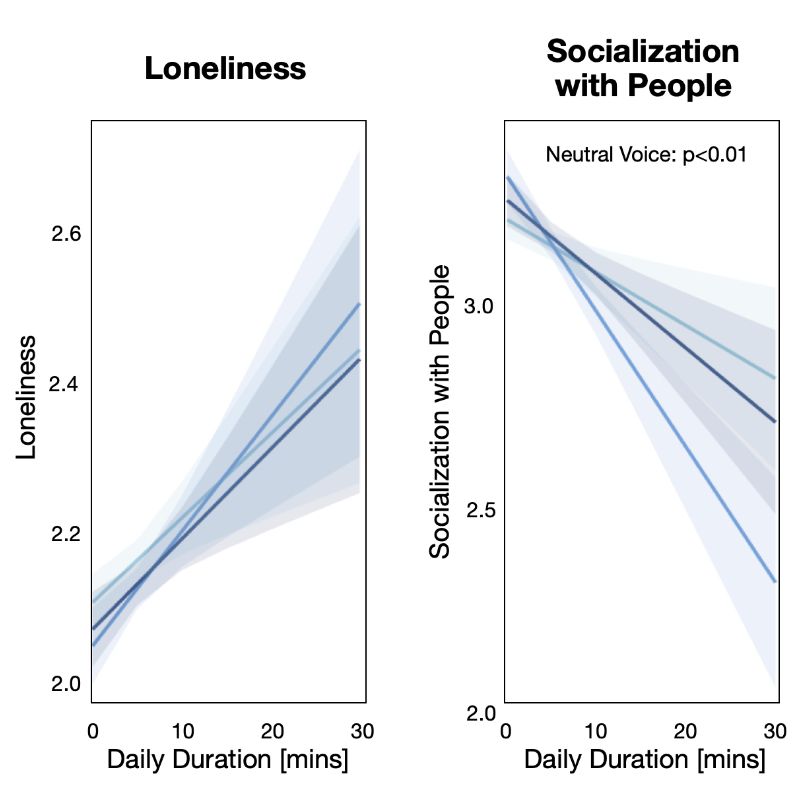
What was more interesting to me is the correlation between use time and loneliness. Higher use time was positively associated with loneliness. This is very likely driven by the fact that lonelier people are just more likely to spend more time with the chat.
24.03.2025 01:29 —
👍 11
🔁 4
💬 1
📌 0
Having worked on these topics for years, I also find it highly unlikely that spending 5.32 minutes on average per day talking to ChatGPT would lead to a reduction in loneliness. Loneliness is really hard to change.
24.03.2025 01:29 —
👍 1
🔁 0
💬 1
📌 0
Across all conditions (but with no control group that didn’t use ChatGPT), the authors report a reduction in loneliness over time. This, as the authors admit, basically means nothing because there was no control condition and this could just be the effect of time.
24.03.2025 01:29 —
👍 0
🔁 0
💬 1
📌 0
The RCT (where people were asked to use ChatGPT for 5 minutes a day, at least 4 days a week, for a total of 4 weeks) is disappointing. First, there was no control group, but rather a SUPER complicated (3x3) design of different types of use.
24.03.2025 01:29 —
👍 0
🔁 0
💬 1
📌 0
Does daily use of ChatGPT reduce loneliness?
I was very excited to see that OpenAI just published its first paper on GPT use and well-being with an experimental design. The outcome is quite disappointing .
🧵
www.media.mit.edu/publications...
24.03.2025 01:29 —
👍 8
🔁 3
💬 1
📌 0

Full-time Research Assistant / Lab Manager - HigherEdJobs
Jobs in higher education. Faculty and administrative positions at colleges and universities. Updated daily. Free to job seekers.
🚨New job alert! My lab is hiring a lab manager. Perfect position for a graduating senior who is interested in full-time research before applying to graduate school. #Neuroskyence #PsychSciSky #VisionScience #MLSky Apply here: www.higheredjobs.com/details.cfm?...
21.03.2025 13:34 —
👍 35
🔁 24
💬 1
📌 4
Very cool paper on using ML to predict habit formation.
10.01.2025 14:13 —
👍 4
🔁 0
💬 0
📌 0
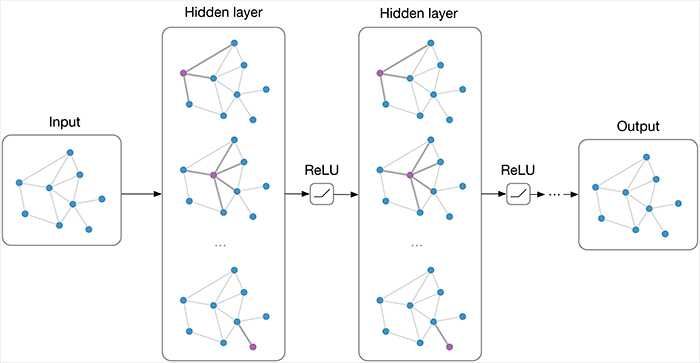
My lab and I are looking to take an applied class on Graph Machine Learning, similar to this Stanford class: web.stanford.edu/class/cs224w/.
Any suggestions?
09.01.2025 04:00 —
👍 4
🔁 2
💬 0
📌 0
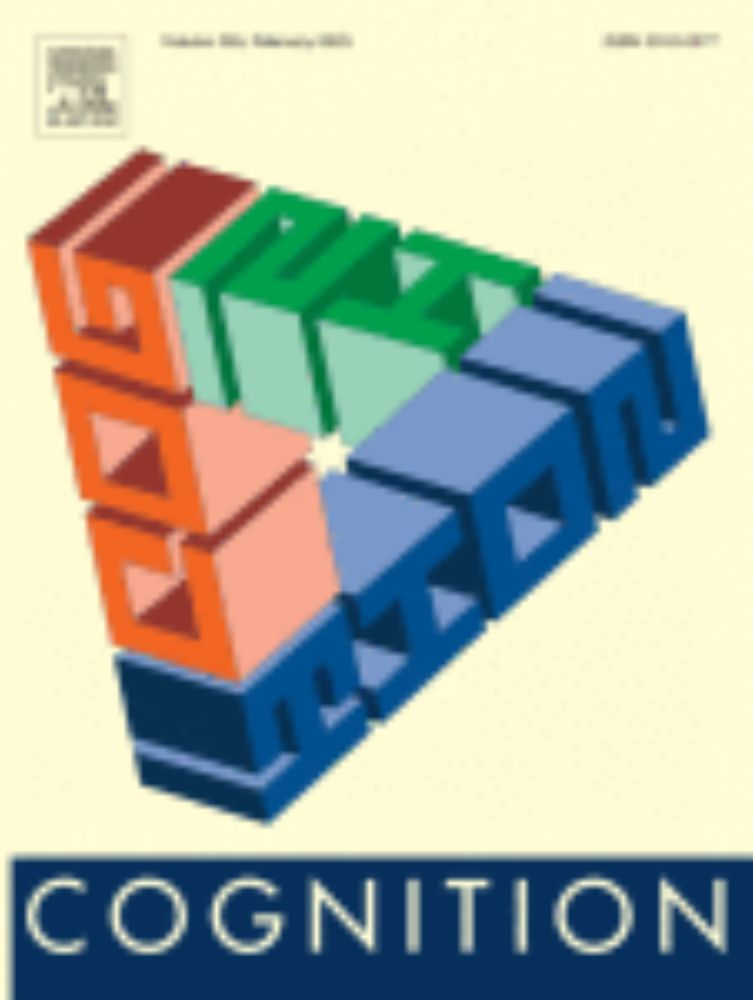
Disclosing sample bias fails to fully correct judgments of partisan extremity
How do we infer the beliefs of an entire group (e.g., Democrats) after being exposed to the beliefs of only a handful of group members? What if we kno…
People's misrepresentation of collective political beliefs as more extreme than they actually are is an issue associated with various polarization-related outcomes (including acrophily). It seems that disclosing this bias doesn't fully solve the problem.
www.sciencedirect.com/science/arti...
05.01.2025 12:34 —
👍 6
🔁 0
💬 0
📌 0
Come join our multi-country study on social preferences for political extremes!!
18.12.2024 23:27 —
👍 5
🔁 0
💬 0
📌 0
If you are a 4 year old that loves salad.
12.12.2024 19:53 —
👍 0
🔁 0
💬 0
📌 0

When asked to describe street food in the US and why it's so bad compared to other countries, I like to point out that I live in a place where Goldfish crackers are considered a legitimate salad topping.
12.12.2024 19:50 —
👍 20
🔁 1
💬 1
📌 0
oh wow. very interesting.
05.12.2024 16:27 —
👍 1
🔁 0
💬 0
📌 0
Now, here is a caveat: this paper came out in 1968, during a time of significant polarization in the U.S. due to the Vietnam War and the Civil Rights Movement. It's possible that attraction to extremes is especially salient during such tumultuous times.
05.12.2024 15:45 —
👍 3
🔁 0
💬 1
📌 0







